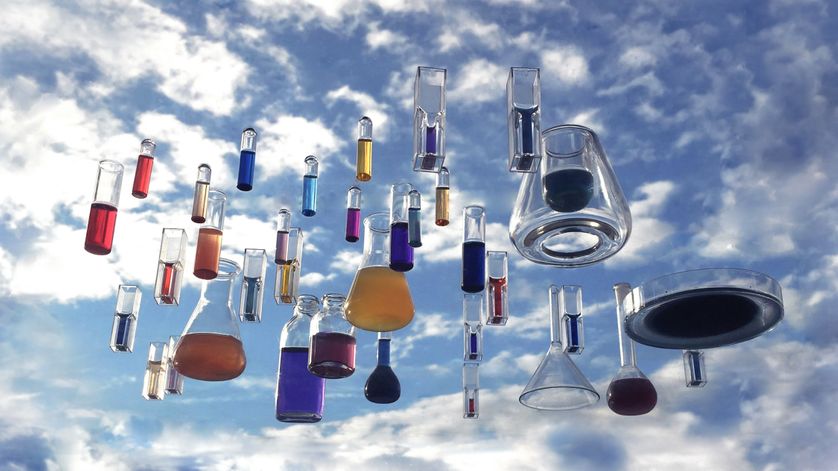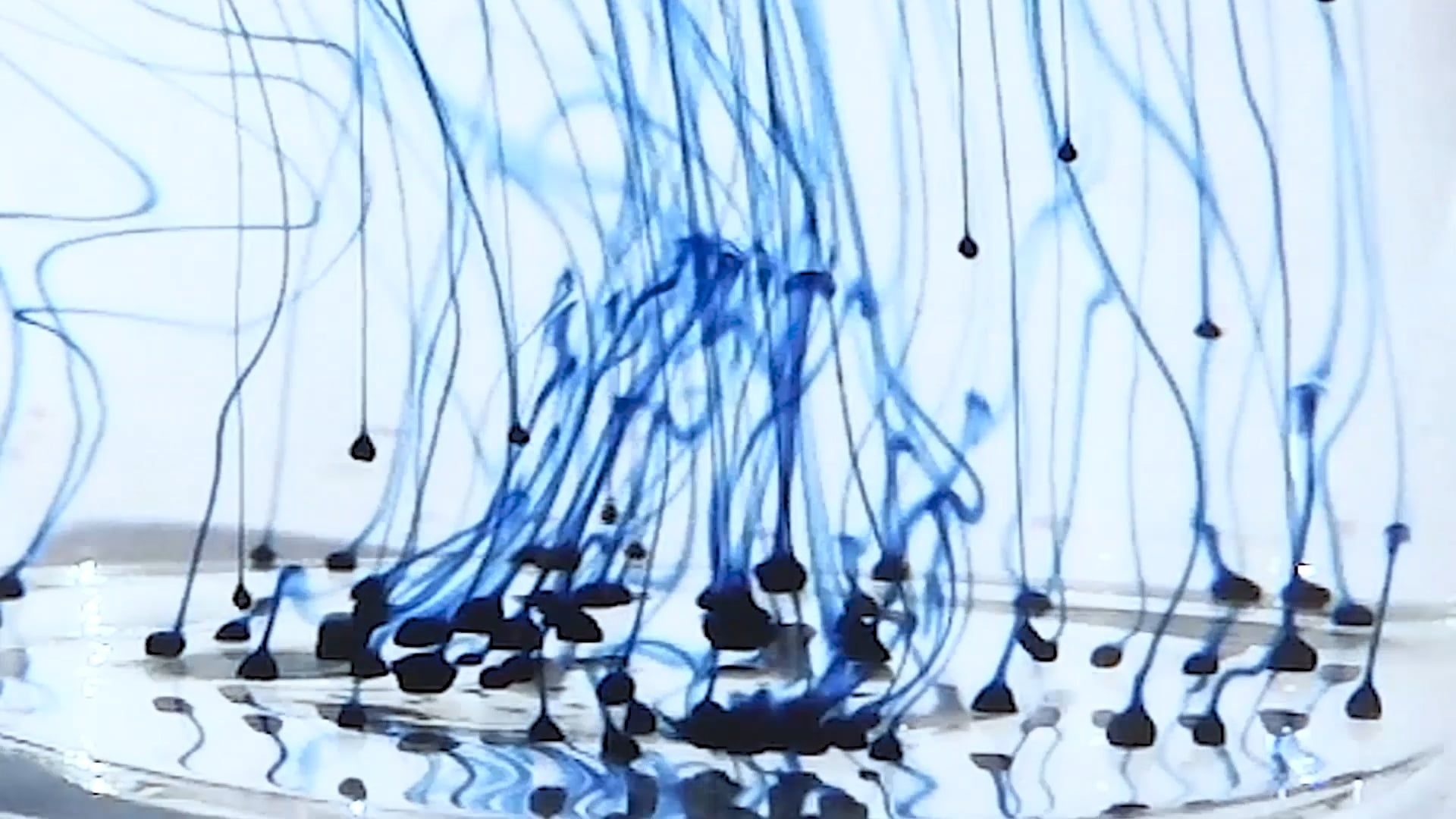France (Toulouse)
Founded in 2015, French biotechnology start-up PILI Bio seeks to disrupt the unsustainable production of dyes in the textile industry and has developed a way to produce dyes without harming the planet, using enzymes, cell factories and fermentation. It is a promising alternative to unsustainable petrochemicals-based dyes that require toxic solvents and vast amounts of water and energy.

The company engineers the microbes to produce high-performance dyes that are resistant to fading. The process is a little like making beer. They use fermentation tanks and carefully tend the growth of the microbes, but instead of creating a tasty beverage, they “brew” renewable, sustainable colour. In that process, they can divide the amount of water needed by five and cut CO2 emissions tenfold during the production of dyestuff. They also avoid the use of 100 tonnes of petroleum and ten tonnes of toxic chemicals per tonne of product.
While the end product is the same, changing how dyes are made can make a big difference and offer a revolutionary step forward in the pursuit of truly sustainable fashion.
Watch ► PILI are creating a rainbow of possibilities made in microbes and designed by humans.
AtlasAction: Bacteria can communicate through their ‘pilus’, but we humans don’t need ‘pili’ to exchange information, so contact PILI through the usual channels – and stay up to date on their news from the microcosm here.
Bio
Journalist and blogger, Oscar has worked as an editor for several travel, nature and science magazines for the last 20 years.
Project leader
Jérémie Blache, CEO and Co-Founder, and Thomas Landrain, Co-Founder
Support the Atlas
We want the Atlas of the Future media platform and our event to be available to everybody, everywhere for free – always. Fancy helping us spread stories of hope and optimism to create a better tomorrow? For those able, we'd be grateful for any donation.
- Please support the Atlas here
- Thank you!



